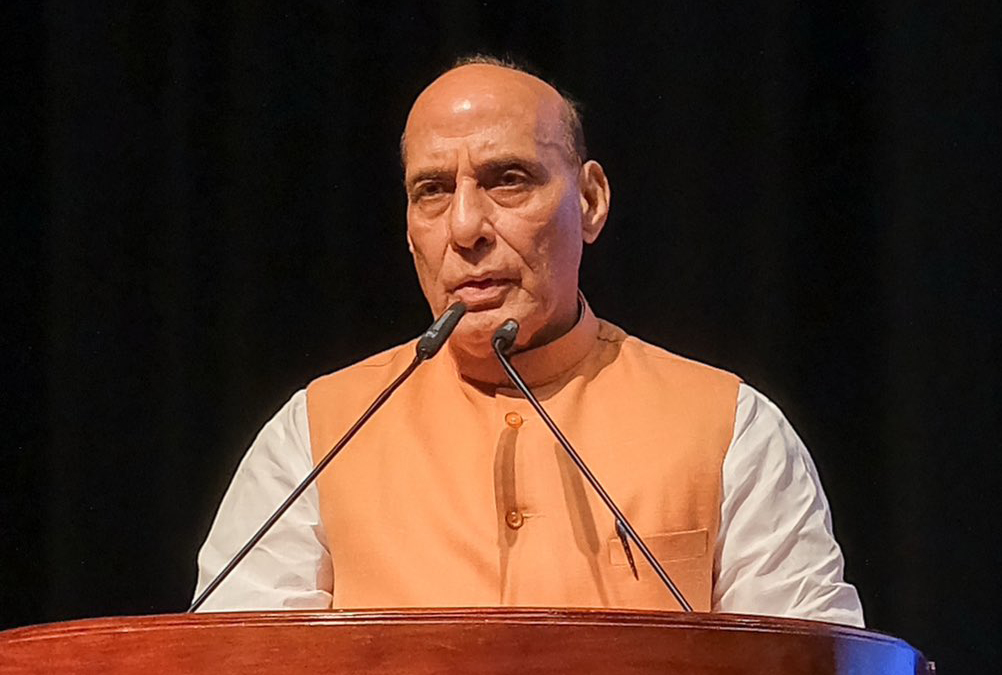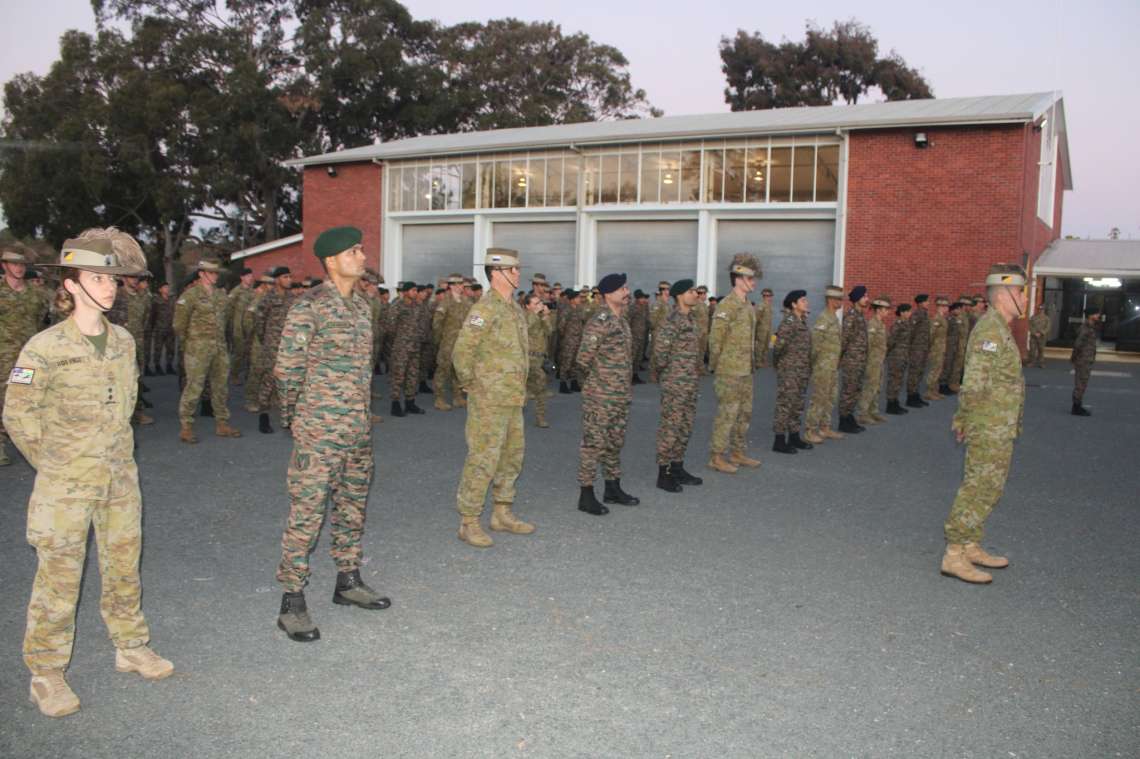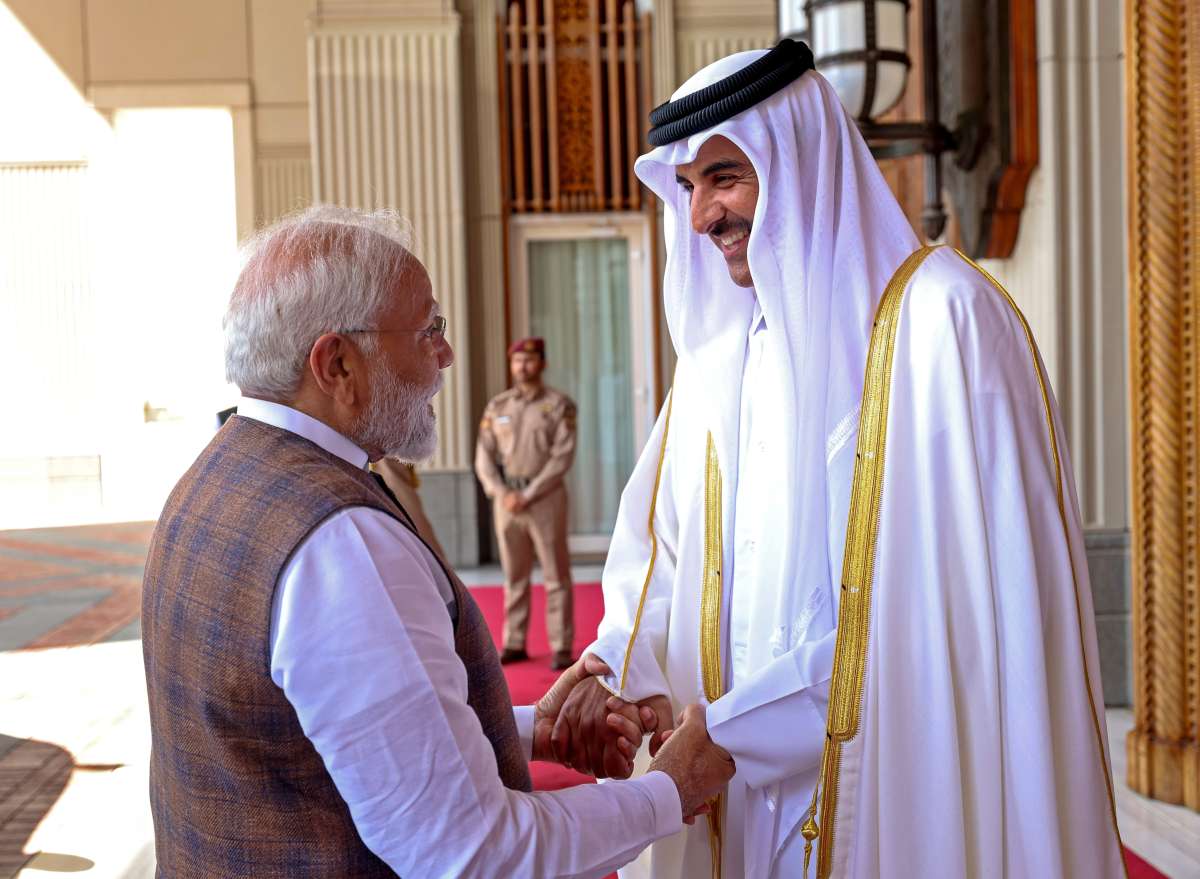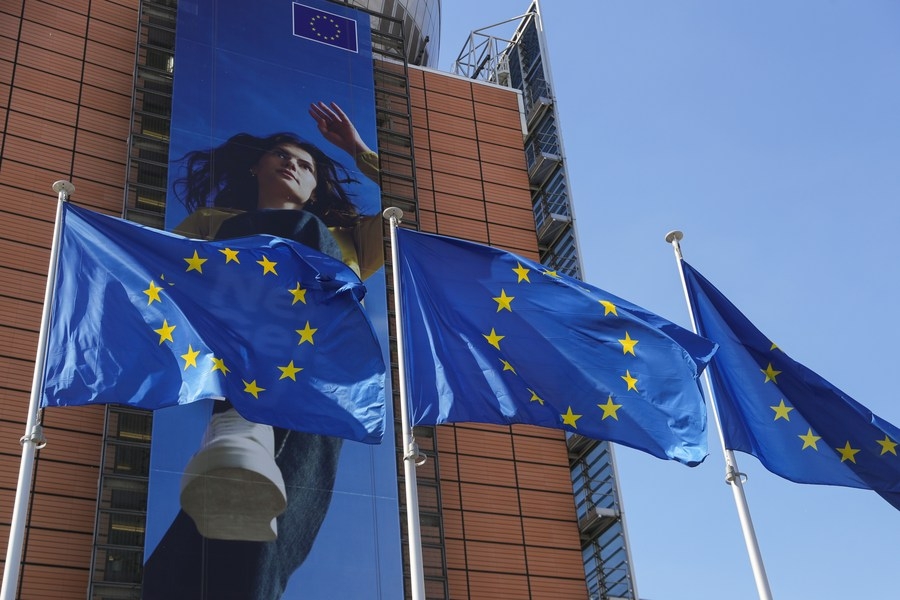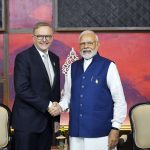The significance of this move lies in the fact that India and China have been major purchasers of Russian oil, providing crucial support to the Russian economy amidst the ongoing conflict with Ukraine…reports Asian Lite News
The European Union is contemplating trade restrictions on around 24 companies spanning various nations, accused of supporting Russia’s military operations in Ukraine, as per a Bloomberg report.
The proposed sanctions reportedly intend to block European entities from conducting business with these firms, as part of a broader effort to impede Russia’s acquisition of sanctioned goods through third-party entities.
Notably, the inclusion of companies from countries such as India, Sri Lanka, and Turkey in the proposed sanctions, without directly implicating their respective governments, underscores the EU’s measured approach to sanctioning, according to the Bloomberg report.
As the European Union adds more than 620 predominantly Russian firms to its sanctions list, it amplifies its efforts to obstruct the transfer of prohibited technologies and electronics to Russia, showcasing a comprehensive approach to addressing the Ukrainian conflict.
The significance of this move lies in the fact that India and China have been major purchasers of Russian oil, providing crucial support to the Russian economy amidst the ongoing conflict with Ukraine. Additionally, this latest development could represent the EU’s first instance of targeting Chinese firms since the onset of the Ukraine conflict.
This action highlights the EU’s resolve to further restrict Russia’s access to essential goods, against the backdrop of its strategic trade ties, notably with China. Germany’s substantial economic connections with China, particularly in the automotive sector, emphasize the intricate balance that the EU must maintain in its sanctions strategy.
For the sanctions to become effective, all EU member states must unanimously agree, allowing for potential modifications to the proposal. The EU’s position sends a strong message against the indirect backing of Russia’s military actions, illustrating the bloc’s wider strategy of employing economic sanctions in reaction to geopolitical tensions.
Past attempts to sanction Chinese firms were halted following objections from certain EU member states, with China providing assurances of compliance. This underscores the challenges associated with enforcing such measures.
During a meeting with Chinese President Xi Jinping, EU Commission President Ursula von der Leyen stressed the significance of China’s neutrality in the conflict. She underscored, “We also count on China not to provide any military equipment, directly or indirectly, to Russia.” This underscores the potential impact on international relations and legal frameworks.
The inclusion of companies from various nations like India, Sri Lanka, and Turkey in the proposal, without attributing blame to their governments, showcases the EU’s cautious approach in its sanctioning endeavors. As the EU expands its sanctions regime, listing over 620 firms predominantly Russian, it aims to obstruct the flow of prohibited technologies and electronics to Russia. This multifaceted strategy highlights the EU’s commitment to addressing the conflict in Ukraine.
ALSO READ: US, UK carry out fresh strikes in Yemen



